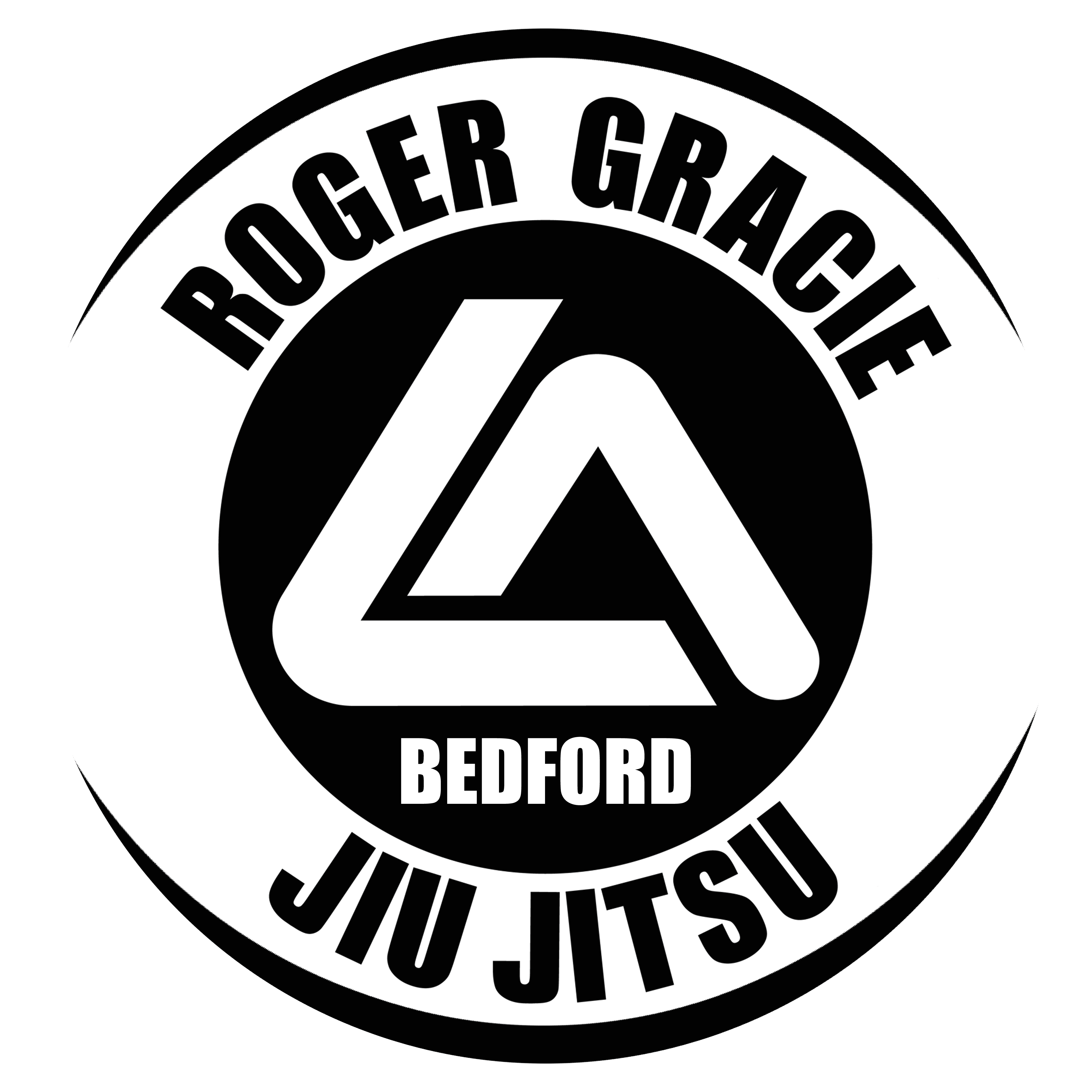Training Brazilian Jiu Jitsu (BJJ) offers numerous benefits, both physical and mental, making it an increasingly popular martial art worldwide. Here are some key benefits of BJJ training:
Physical Benefits:
- Full-Body Workout: BJJ engages nearly every muscle group, improving strength, endurance, flexibility, and coordination. The movements build functional strength, particularly in the core, arms, and legs.
- Weight Loss and Fitness: Intense, regular training helps burn calories and improve cardiovascular health, making BJJ an excellent workout for those looking to lose weight and boost overall fitness.
- Improved Flexibility and Mobility: BJJ requires a lot of ground movements, rolls, and submissions, which naturally increase flexibility. Training also enhances joint mobility, reducing the risk of injuries in daily activities.
- Practical Self-Defense: BJJ focuses on leverage, technique, and submission holds, allowing practitioners to defend themselves effectively against larger or stronger opponents. This practical self-defense system empowers individuals with real-world skills.
- Injury Prevention: BJJ promotes body awareness and control, which can help prevent injuries by teaching practitioners to move safely and efficiently, both on and off the mats.
Mental Benefits:
- Stress Relief: Rolling (sparring) and training BJJ serve as an excellent outlet for stress. The focus required during practice shifts attention away from daily worries, leading to a feeling of relaxation and mental clarity.
- Improved Focus and Discipline: BJJ is like a physical chess game, requiring intense focus, problem-solving, and strategy. Over time, these skills translate to improved focus and mental discipline in other areas of life.
- Increased Confidence: Learning and mastering techniques builds self-confidence. BJJ teaches that size and strength aren’t everything—technique and perseverance are equally, if not more, important.
- Mental Resilience: BJJ challenges you to stay calm under pressure, escape difficult positions, and adapt to new situations. These challenges foster mental toughness and a never-give-up attitude, applicable to both the mats and life.
- Humility and Patience: The learning curve in BJJ is steep, and it often takes years to earn higher belt ranks. This teaches humility, patience, and a commitment to long-term improvement, as you will face defeat and setbacks, but learn from them.
Social and Emotional Benefits:
- Sense of Community: BJJ academies often have a strong sense of camaraderie, where teammates support each other’s progress. This helps foster a positive environment, leading to new friendships and a supportive network.
- Respect and Sportsmanship: BJJ practitioners learn respect for their training partners and instructors, as well as sportsmanship. The collaborative nature of the sport encourages cooperation while maintaining a competitive edge.
- Improved Mental Health: The combination of physical exercise, stress relief, and personal growth contributes to better mental health, helping reduce anxiety, depression, and other mental health issues.
Personal Growth:
- Problem-Solving Skills: BJJ is a complex and dynamic sport that requires quick thinking and strategic decision-making, both while learning techniques and during sparring. This enhances critical thinking and problem-solving abilities.
- Goal Setting: Progress in BJJ comes gradually, through belt ranks and learning new techniques. This teaches goal-setting, patience, and persistence, as students work toward mastering each level.
Overall, training BJJ improves not only your physical health but also your mental resilience, discipline, and self-confidence, all while fostering a strong sense of community and personal development.
